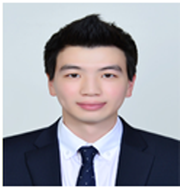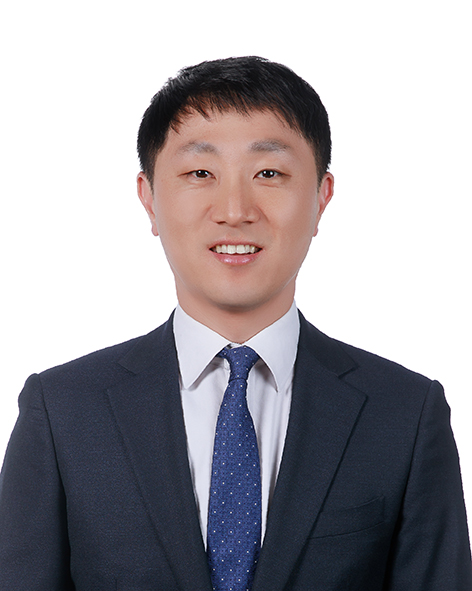Introduction
In November 2017, President Donald Trump made a state visit to South Korea and had his third bilateral meeting with President Moon Jae-in. He was the first U.S. leader in 25 years to be honored with a state visit in South Korea. His state visit came at a critical period as the threat of war loomed over the Korean Peninsula. During the summit, the two leaders discussed their joint strategy against North Korea and reaffirmed the strength of the ROK-U.S. alliance.
Particularly, President Trump’s parliamentary speech at the National Assembly of South Korea was highly anticipated. South Koreans were bracing for confrontational rhetoric over North Korea. In September 2017, he referred to Kim Jong-un as “rocket man” and threatened to “totally destroy” North Korea in his speech at the United Nations. Despite these concerns, President Trump took a more restrained tone and showed his willingness to peacefully resolve the North Korean nuclear issue.
This report analyzes South Koreans’ perceptions of the ROK-U.S. November Summit. Specifically, the report examines how the bilateral summit affected South Koreans’ favorability of neighboring countries and their leaders. It also assesses how South Koreans view a potential trilateral military alliance among the ROK-U.S.-Japan, and which country South Koreans perceive as the most important partner to resolve the North Korean nuclear issue.
The report makes the following conclusions. The ROK-U.S. summit was considered a success by a majority of South Koreans. President Trump’s and the United States favorability rating significantly increased after his state visit. An overwhelming number of South Koreans project that ROK-U.S. relations will improve. Despite the closing gap, South Koreans still prefer the United States over China as their country’s future partner and believe the U.S is the most important partner to solve the North Korean nuclear issue. In response to the North Korean threat, nearly a half of South Koreans positively viewed forging a trilateral military alliance among the ROK-U.S.-Japan. Ultimately, this survey concludes that summit diplomacy has a positive effect on South Koreans’ perception of neighboring countries.
Table of Contents
1. Introduction
2. ROK-U.S. Summit (1) Evaluation of the ROK-U.S. Summit
3. Favorability Rating
(1) Country Favorability
(2) Leadership Favorability
4. ROK-U.S. Relations after the Summit
(1) Prospects for ROK-U.S. Relatio
(2) South Korea’s Preferred Partner
5. ROK-U.S. Alliance and the North Korean Nuclear Issue
(1) Most Important Partner to Solve the North Korean Nuclear Issue
(2) ROK-U.S.-Japan Security Cooperation
6. Conclusion
7. Survey Methodology
* The views expressed herein are solely those of the authors and do not reflect those of the Asan Institute for Policy Studies.

 Facebook
Facebook Twitter
Twitter

